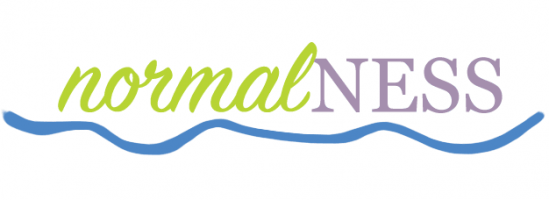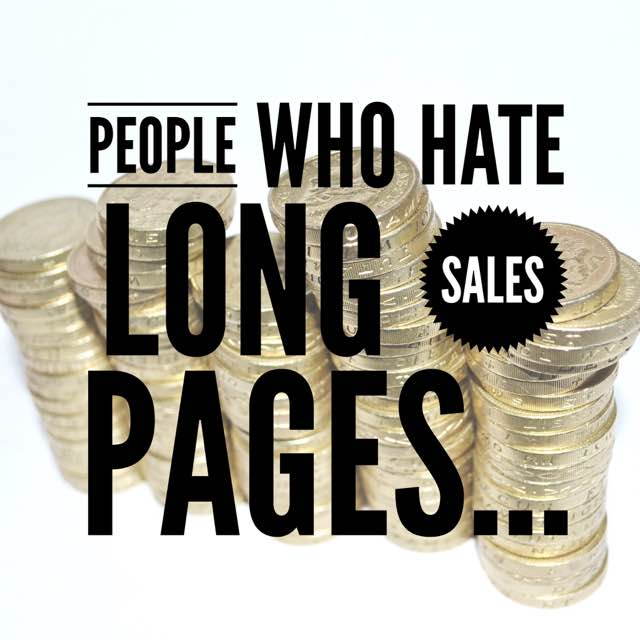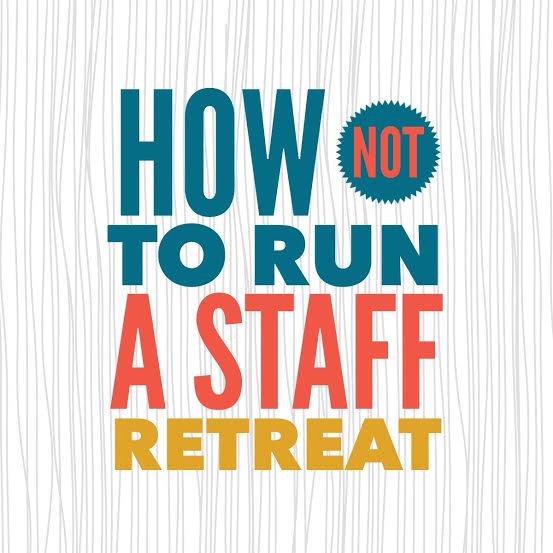I saw a discussion recently about sales pages. You know, those long winded pages full of glowing testimonials about how rainbows will fly out of your arse if you buy this product.
People Who Hate Long Sales Pages
Most people in this discussion agreed that they were full of waffle, overly emotional & felt scammy at times.
Basically, that they hated them. Now, I know the saying “you are not your ideal customer”.
My problem is this: I don’t know the last time I came across an Internet marketer that didn’t push long sales pages as the way to convert people into sales
Is there an over saturation of information on this? Do sales pages really work?
But, most importantly…
Who is catering to the people who DON’T buy from sales pages?
Do people who hate long sales pages just glean the info they need & skip to the bottom?
I’m really interested to hear your views on this as I’m finishing off my first set of products for Bloggers and Bacon and …well, I hate long sales pages! I hate writing them, I hate reading them, I hate waffle when I just want to see the benefits, price and make a purchasing decision.
Do you like long sales pages?








I especially hate the long sales pages that don’t actually have the price visible on them! Just tell me the price, so I can convert the ridiculously low Australian dollar and work out that I can’t actually afford your $US299 offer! We all know which school of sales they went to, don’t we?!
That’s kind of what I’m thinking…I know many people would have them because of that influencer, but I also see a lot of people who wouldn’t be associated with them doing it. I just can’t ever seem to find any real evidence (plenty of opinions though) about the value of the long sales pages.
I think long sales pages are a mistake. “Ain’t nobody got time for that!” … in fact long blog posts/web articles are a mistake because most people don’t really read them. They might scan them but that’s it. Far better to break up info into dot points, several posts/pages, headings … and keep it as short and succinct as possible! (Not like this comment which has rambled on!)
Yes, exactly! And that’s part of the reason that I’m keeping posts on Bloggers & Bacon small. I want people to be able to jump in, read quickly, learn something, and go about their day.
I never read long sales pages. If it’s something I already want I’ll just go with it anyway (and not read it), or if I’m uncertain I’ll skip it and find some other info.
Good point – if you’re uncertain the info on there isn’t impartial, so you’d be better to gain it elsewhere.
I hate them too! Really, really hate them! And as soon as I see them I am often sitting there wondering if it’s actually legit or a scam, I don’t know why but they just scream SCAM to me! I’d rather a website where I can click through to clear links with the information I’m after rather than scrolling, scrolling, scrolling!
Even if they’re not a scam, I feel like they contribute to an inflated sense of value (if only that they’ve often paid a copywriter & designer to do them and need to recoup costs).
Even as a copywriter I hate long sales pages. Get to the point, say it clearly and direct it to the perfect client. And do it quickly. If I come across a long sales page, I either click away or scroll straight to the bottom anyway.
Great to hear that from a copywriters perspective too.
I don’t read them and recommend to clients not to have them. Shorter pages with links to more information all the way! Otherwise, if they insist on all the testimonials and the like, I make sure the main bit (including details like price and availability) is in the first few paragraphs (ideally in the first screen grab, without needing to scroll) before going on to testimonials and other self-congratulatory back-patting.
#teamIBOT
Yes – money is a deciding factor in most people’s purchasing decisions. That isn’t negative, it’s just how the world works. Give people the information rather than hide it.
PS I think that if you can’t condense what you’re doing into something short, then you don’t really know what you’re doing. Harsh? Maybe.